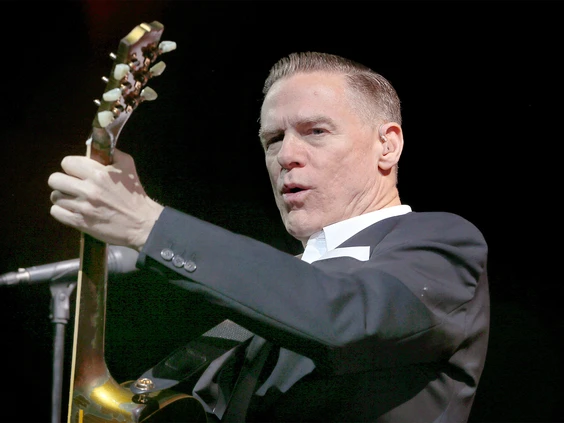December 30, 2022
-National Post
The idea of having a favourite Canadian artist is becoming a quaint anachronism, according to the head of the Association for Canadian Studies.
Even when pressed to name their favourite Canadian musical artist, about half say they do not have one, and those who do are all over the place. Bryan Adams tops the list at five per cent, followed by Drake, Shania Twain and Michael Bublé at three per cent, then Céline Dion, Justin Bieber, the Tragically Hip and Gordon Lightfoot at two per cent.
In visual art, more than three quarters could not even name a Canadian painter, let alone their favourite one. Those who did opted in similarly low numbers for Jean-Paul Riopelle, Emily Carr and the Group of Seven, with Robert Bateman and Tom Thomson also registering at two per cent.
For a country that has historically taken such pains to emphasize the Canadianness of its homegrown artists who get rich in America and overseas, this might seem cause for even more cultural anxiety. But in the poll taken last month, Jack Jedwab sees evidence that younger Canadians especially see the modern surplus of online platforms as more of an opportunity than a threat to Canadian culture.
A majority of 60 per cent agreed that “if a Canadian artist is good enough, they will become discovered without the need for specific Canadian content rules.”
“There is an array of measures that aim to protect Canadian cultural expression and this poll suggests the globalization of culture is such that Canadians, at least those polled, don’t feel as strongly about those protections,” said Jedwab, president of the Montreal-based Association for Canadian Studies.
This was the surprising finding, he said, that “we’ve evolved to a point where our collective support for this type of protections isn’t particularly high, which I suppose is an expression of confidence in Canadian artists to compete globally.”
He said the poll suggests Canadians feel the threat of American culture dominance is not as great, and their specific preference for Canadian musical or visual art is quite low. He said future polling in the same project will address written literary culture.
Nearly 40 per cent agreed with the statement: “I worry about preserving my culture.” But less than one respondent in four believe American arts and music are a “threat to the expression of Canadian culture.” Even fewer respondents than that, 19 per cent, said they “generally prefer” Canadians artists to foreigners.
When they listen to music, fully 71 per cent said they do not pay a lot of attention to whether an artist is Canadian or not.
There is a generational aspect to the results, which accounts for Lightfoot scoring higher than The Weeknd. And most of the favourite musical artists are people who have found success in the wider American culture, notwithstanding the locally famous counter-example of the Tragically Hip. But there is also evidence here that, as Jedwab put it, “there is no one culture.”
Asked whether they believe there is only one Canadian culture, more people said no than yes.
He said he expected regional results from Quebec to be more protectionist, and they were slightly, with 50 per cent in Quebec saying they “worry about preserving my culture” compared to 34 in the rest of Canada, and 29 per cent seeing American arts and music as a “threat” compared to 21 per cent of the rest of Canada. But confidence in Canadian artists seemed nearly as strong in Quebec as elsewhere, he said, with a national average of 60 per cent believing that “if a Canadian artist is good enough, they will become discovered without the need for specific Canadian content rules.”
Because of how this poll was conducted — via online survey of 1,704 members of Leger’s public opinion research program, with results weighted by census data according to age, gender and region — a true margin of error cannot be calculated. But a randomized poll with a similar number of respondents would be considered accurate to within 2.5 per cent, 19 times out of 20.




